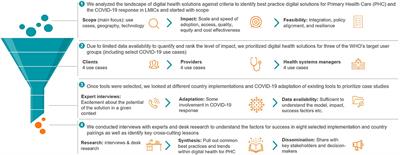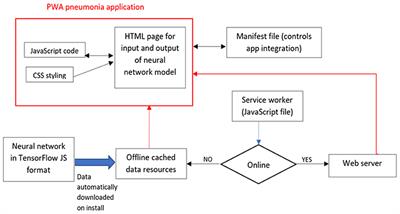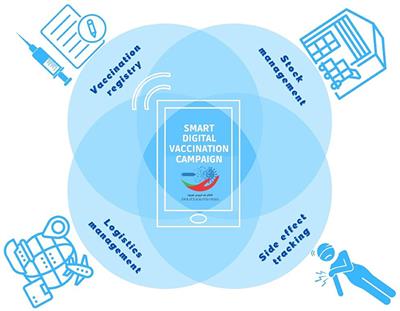EDITORIAL
Published on 30 May 2022
Editorial: Building Back Progress Towards Meeting Sustainable Development Goal 3 by 2030: Applications of AI and Digital Solutions
doi 10.3389/fpubh.2022.925483
- 1,128 views
- 1 citation
5,909
Total downloads
32k
Total views and downloads
You will be redirected to our submission process.
EDITORIAL
Published on 30 May 2022
PERSPECTIVE
Published on 08 Apr 2022

ORIGINAL RESEARCH
Published on 18 Feb 2022

PERSPECTIVE
Published on 22 Dec 2021
PERSPECTIVE
Published on 13 Aug 2021

